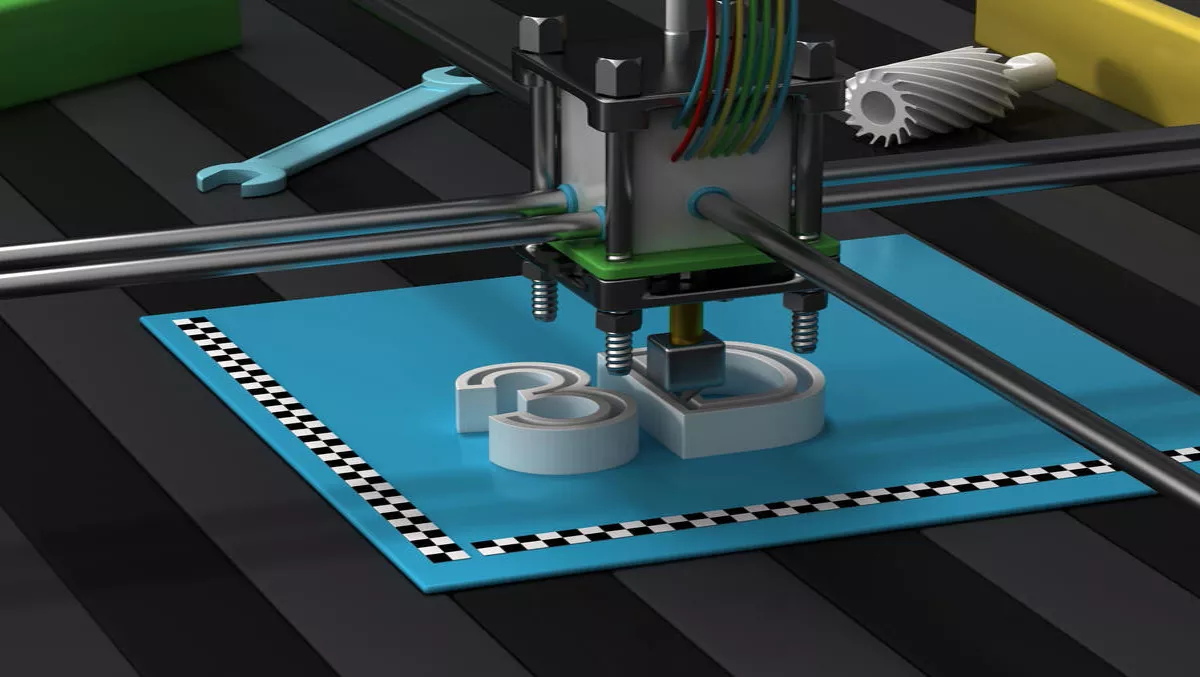
3D printing for rapid prototyping could give businesses competitive edge
Now that 3D printing is becoming more and more popular, why don't more businesses look into using 3D printers for prototyping? Y Soft says the transformative abilities of 3D printing have been seen across many industries.
New research from IDC also shows the global 3D printing market is on track to continue its expansion, as it is forecast to exceed US$35 billion by 2020, doubling the US$15.9 billion forecasted for 2016.
Adam O'Neill, managing director of Y Soft Australia, affirms that 3D printed rapid prototyping is becoming very popular for product design.
"The ability to turn a vision of a product into reality in a matter of hours has accelerated the manufacturing cycle, and reduced the time it takes to perfect a design before production," he says.
"We are also seeing increased use of 3D printing for prototypes and hypothesis testing in the educational and medical sectors," explains O'Neill.
"It can help students, teachers, and researchers demonstrate their ideas and understandings as concrete models and representations.
Y Soft highlights the many benefits of 3D printing for rapid prototyping, they include:
- Faster, more cost-efficient research and development (R-D) as it lets designers assess structure and dimensions early on and give appropriate approval before mass production.
- Reduced product material costs as there is less rework and waste material.
- Faster time to market.
- Greater opportunities for companies and medical practitioners to offer product personalisation and customisation
- Closer relationships with customers to achieve individuality in products.
- Improved ability to develop complex designs in a single unit, and eliminate traditional assembly requirements.
"Using 3D technology for rapid prototyping helps R-D teams achieve geometries in their designs that are not possible with traditional mould and cast techniques," says O'Neill.
"Because 3D printing is additive based manufacturing, developers can add layer by layer to achieve the required product shape and functionality.
Y Soft also mentions that being able to customise prototypes and products for customers will help New Zealand and Australian businesses compete more effectively against competitors.

